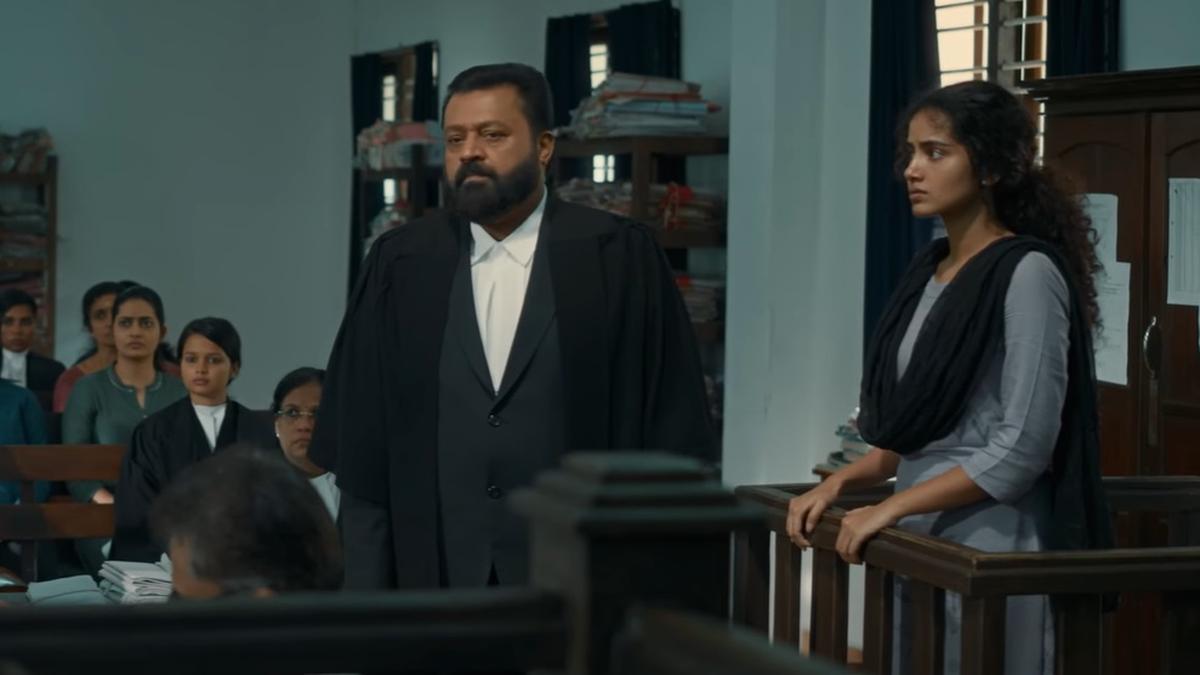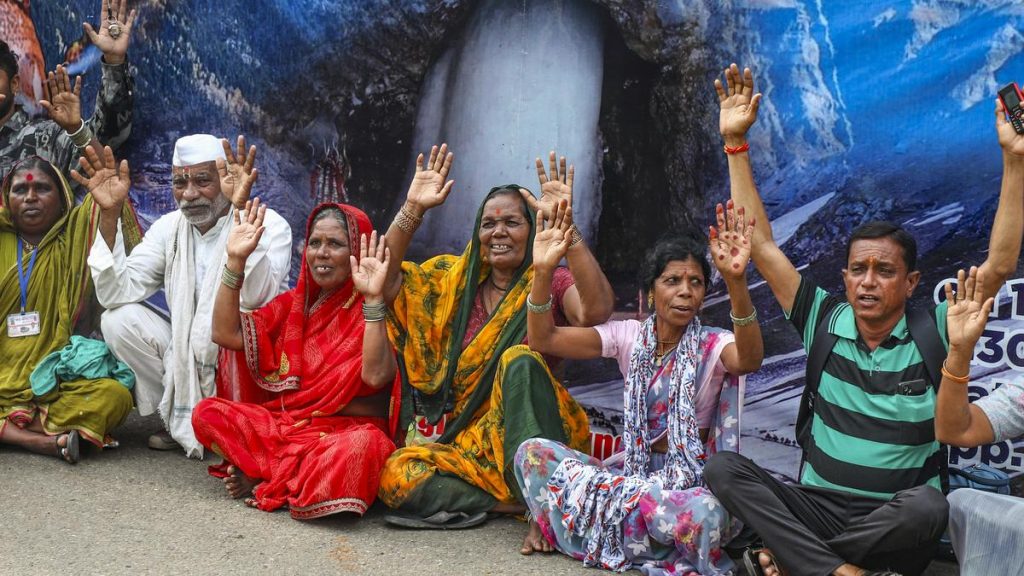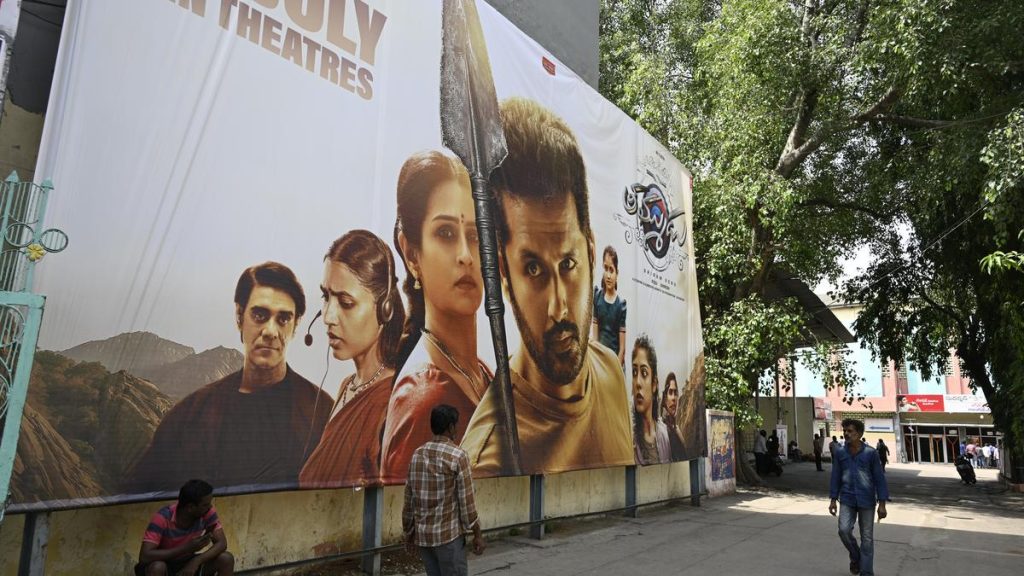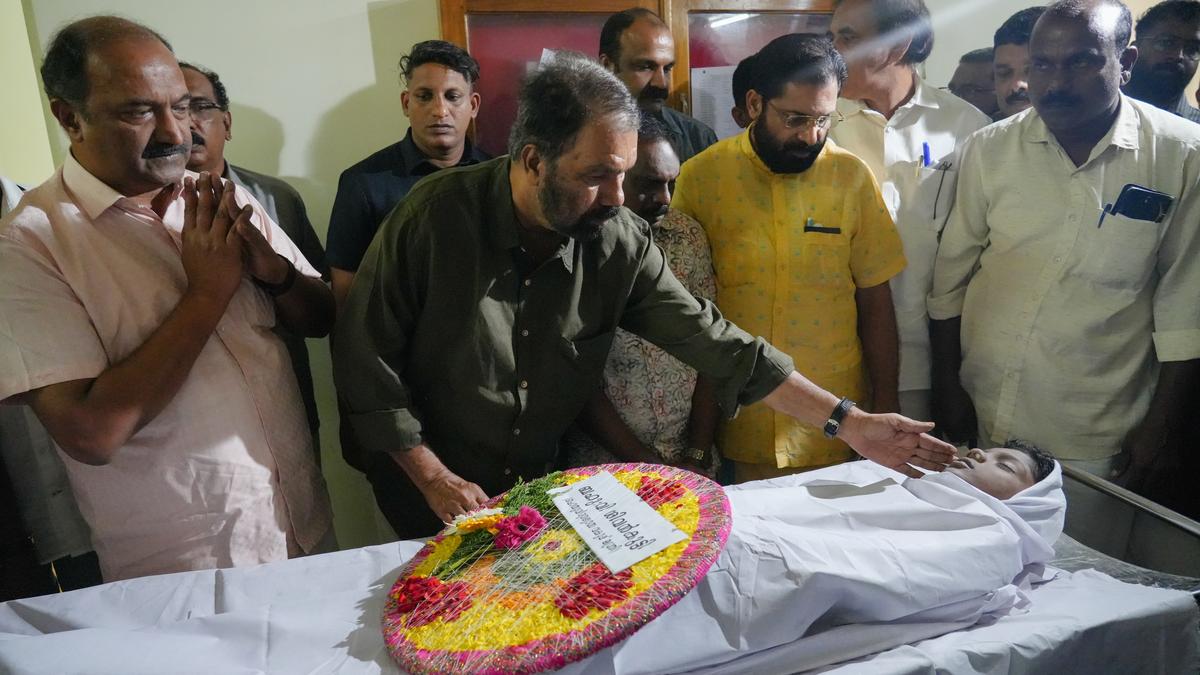Now Reading: Janaki V Vs State of Kerala’ Review: Suresh Gopi-Anupama Parameswaran Film Lacks Sensitivity and Direction
-
01
Janaki V Vs State of Kerala’ Review: Suresh Gopi-Anupama Parameswaran Film Lacks Sensitivity and Direction
Janaki V Vs State of Kerala’ Review: Suresh Gopi-Anupama Parameswaran Film Lacks Sensitivity and Direction

Quick Summary
- Film Title: Janaki V Vs State of Kerala (Malayalam).
- Director: Praveen Narayanan.
- Cast: Suresh Gopi, Anupama Parameswaran, madhav suresh, Askar Ali, Shruti Ramachandran, Divya Pillai.
- Runtime: 156 minutes.
- Storyline: the film follows Janaki (Anupama Parameswaran), an IT professional from bengaluru who is raped in her hometown during a vacation. The case undergoes intense scrutiny during courtroom proceedings.
- The film attempts to balance sensitive storytelling with the projection of advocate David Abel Donovan’s (played by Suresh Gopi) superhero-like persona but struggles on both counts.
- Writing and filmmaking techniques align more with the 1990s style and include loud visual and audio cues devoid of subtlety. It also incorporates thinly veiled references to modern-day political issues.
- A controversial plot point revolves around the paternity of a child born from rape but trivializes serious topics by politicizing them excessively.
- Courtroom arguments often go off-track into irrelevant political commentary fitting with real-life traits of the lead actor. Dramatic elements like jump scares and songs further detract from narrative focus.
Indian Opinion analysis
Janaki V Vs State of Kerala appears to be torn between presenting itself as a poignant drama addressing sensitive issues like sexual assault and performing as a star-driven vehicle for its lead actor. While it introduces provocative themes such as justice after rape or the societal discussion surrounding victims’ rights, critics argue that it sacrifices depth in favor of sensationalism.
The portrayal of courtroom arguments skewing toward tangential political diatribes dilutes the gravity that such narratives necessitate. Emotionally stirring topics like child paternity following sexual violence demand measured sensitivity; their mishandling could potentially misinform public discourse or desensitize audiences about critical social problems.
For India’s broader cinematic landscape tackling societal reform through films, this example indicates that balancing entertainment value with responsible storytelling remains essential-not just for audience impact but also for maintaining cultural integrity when addressing real-world challenges.




























